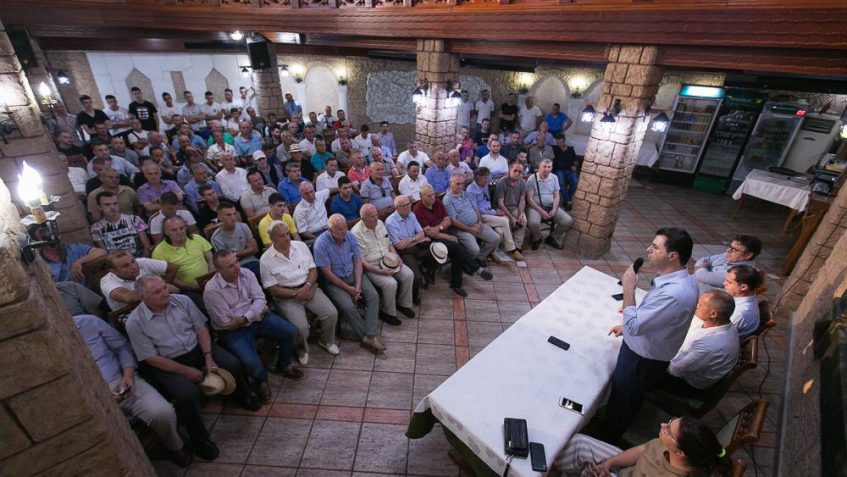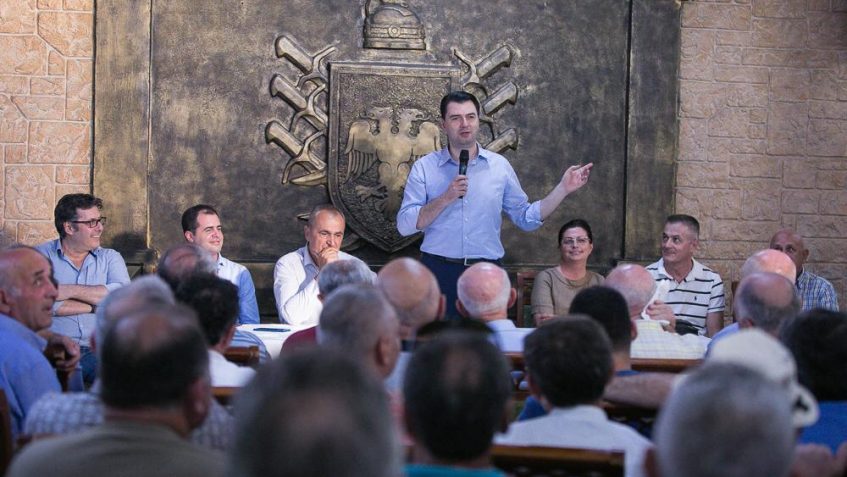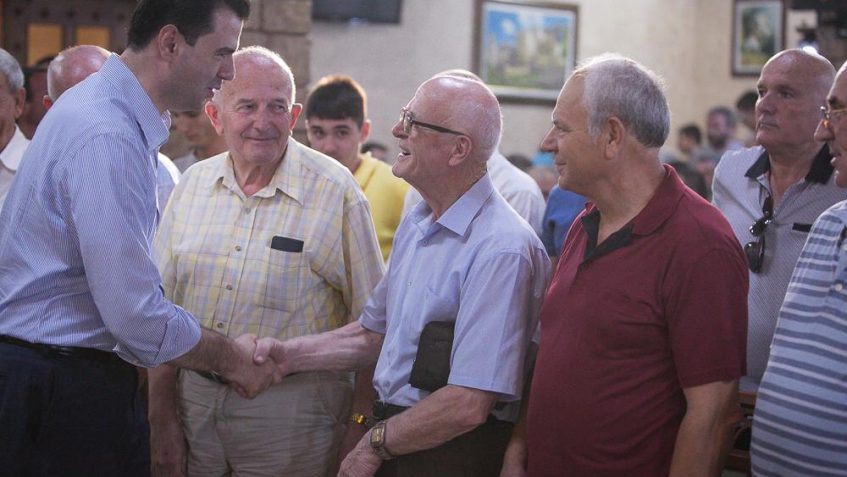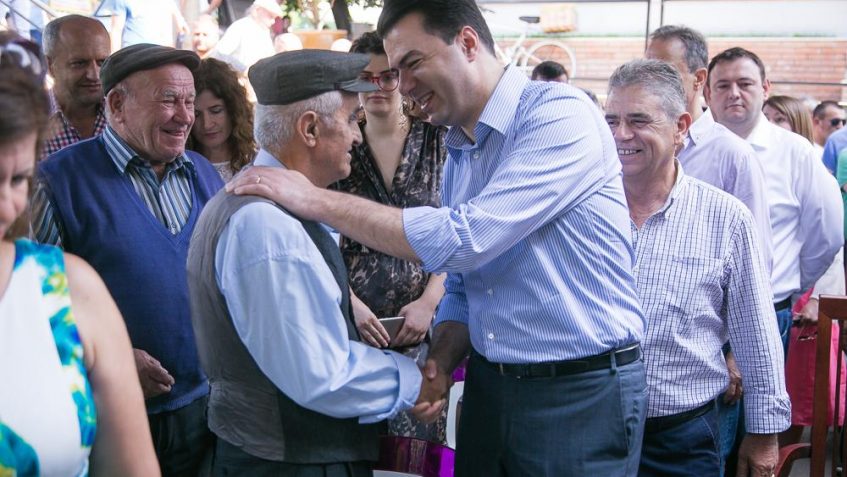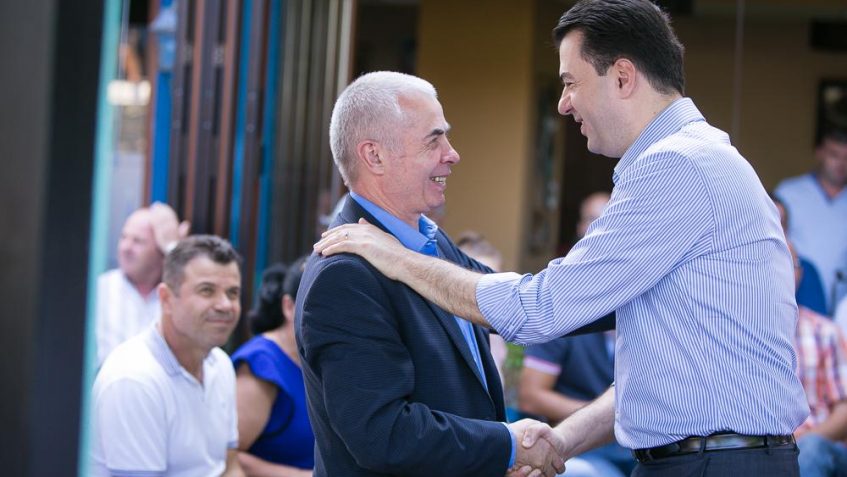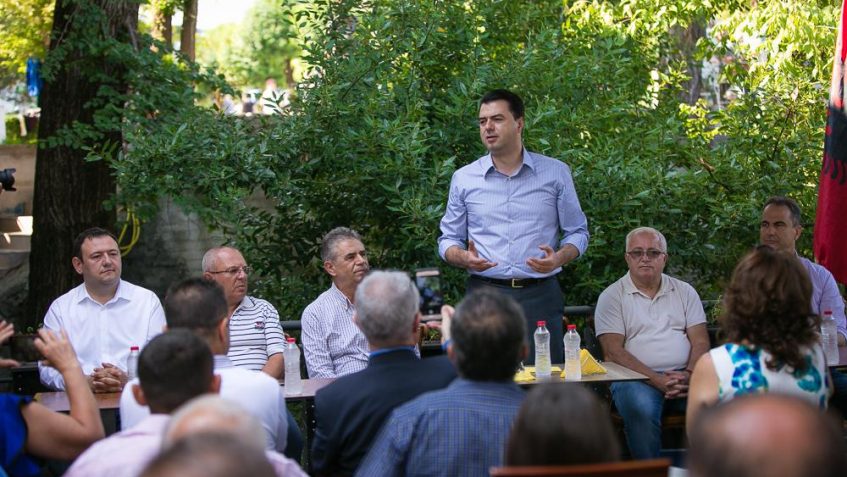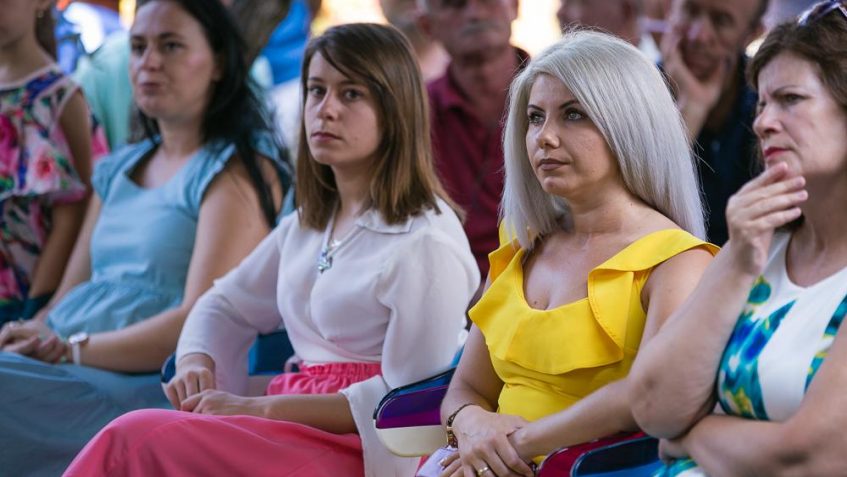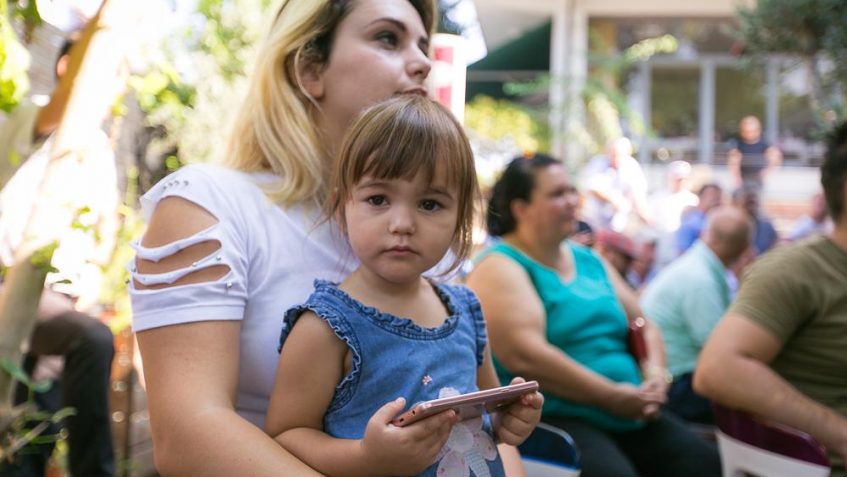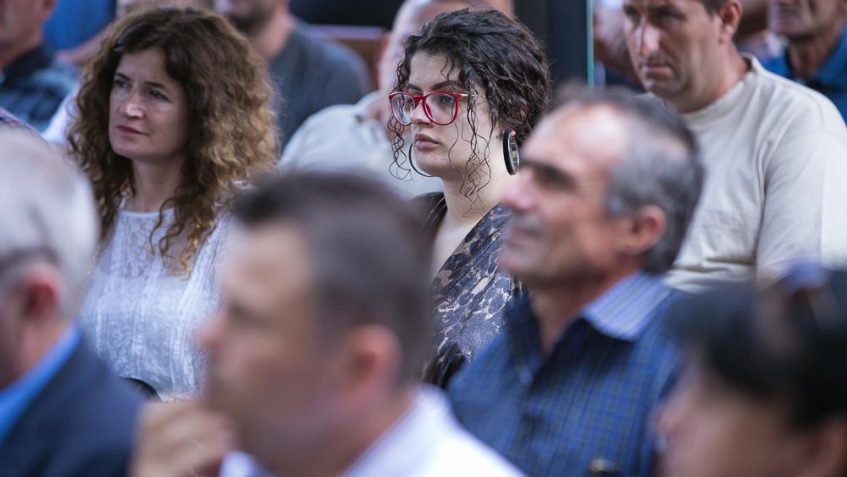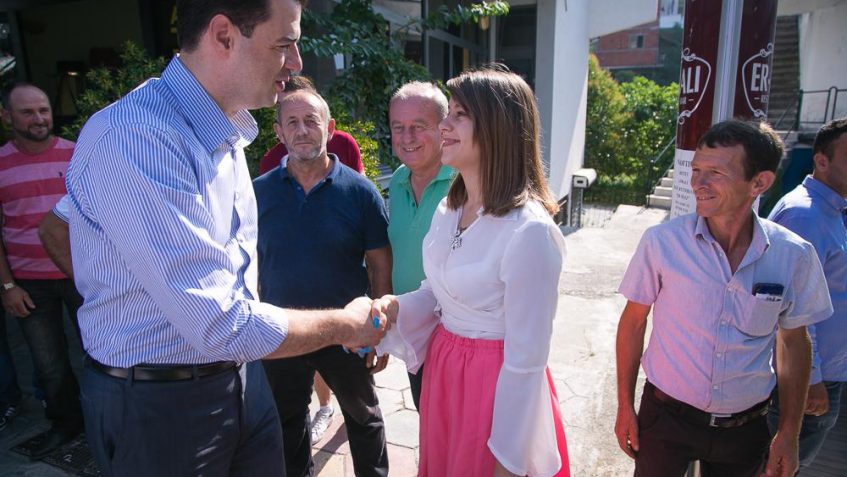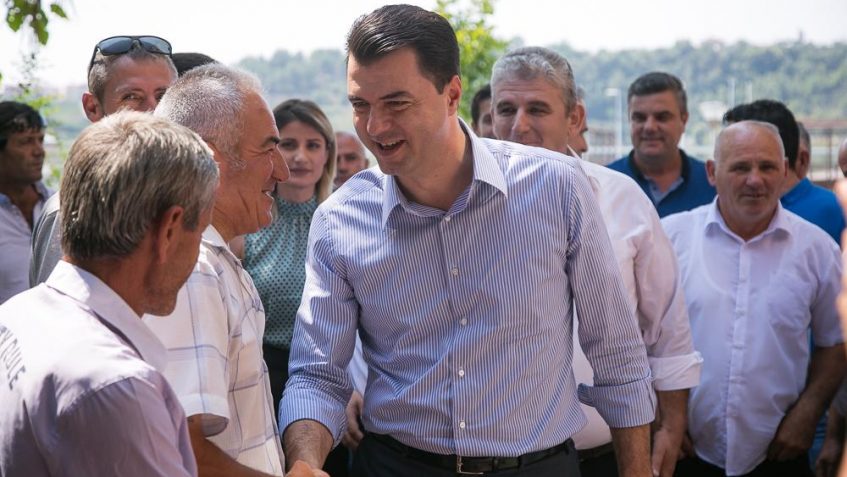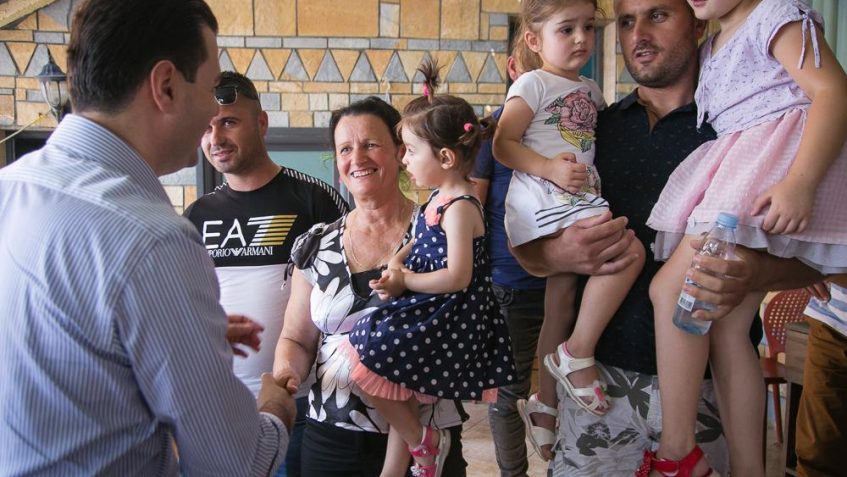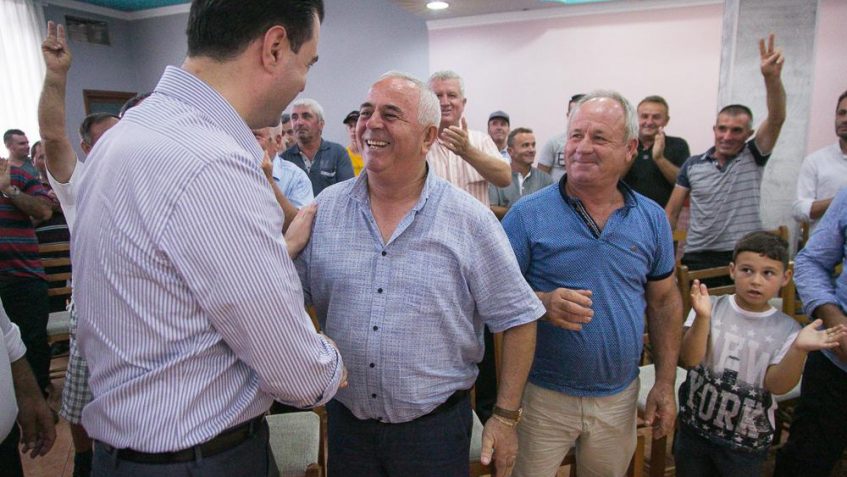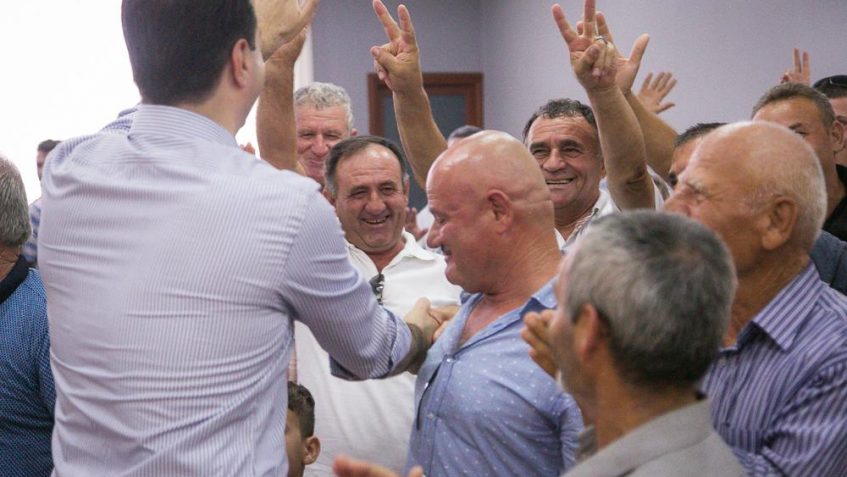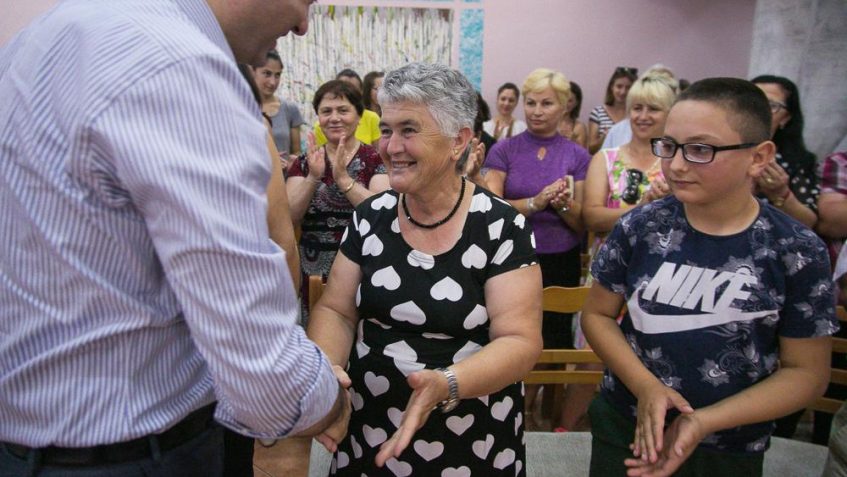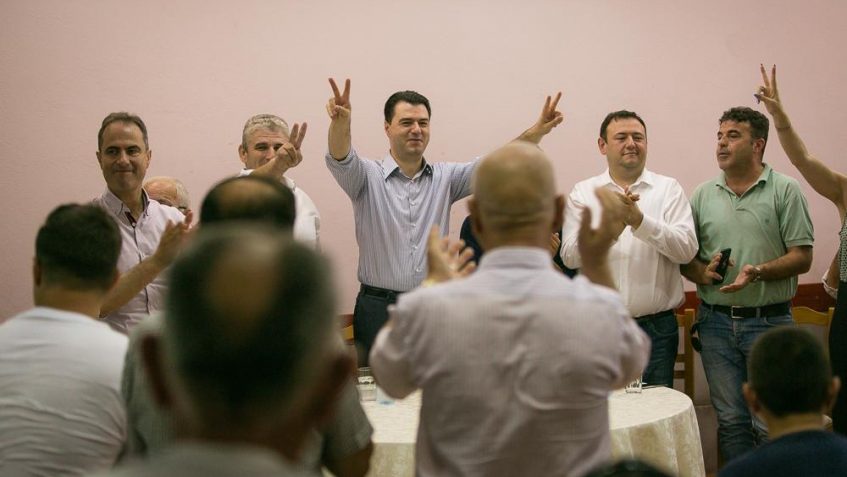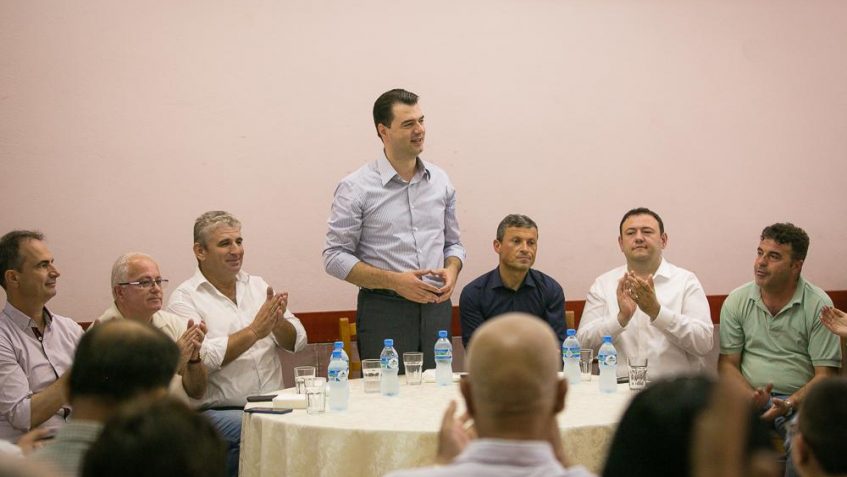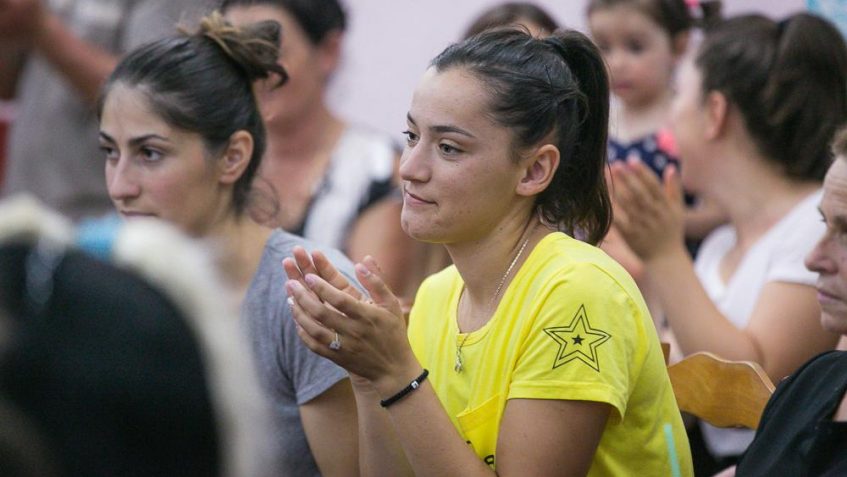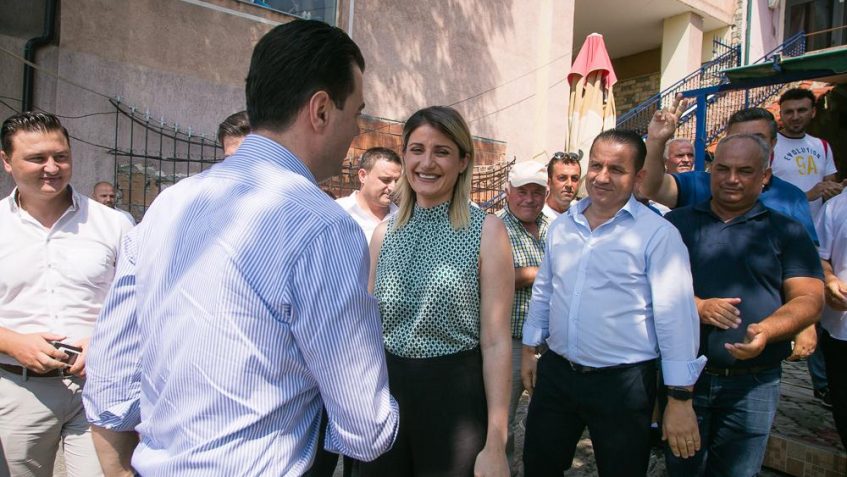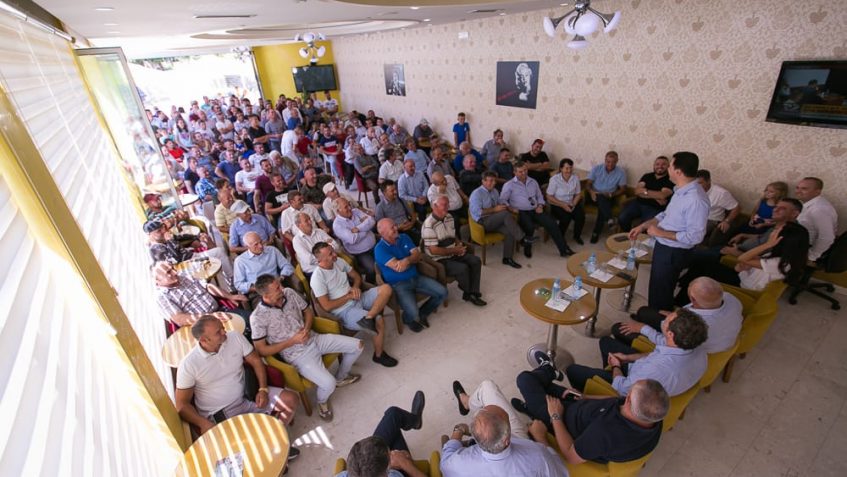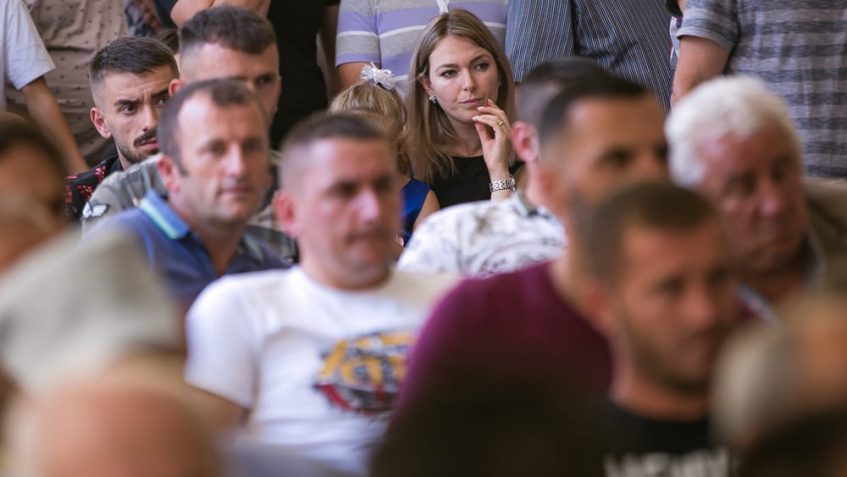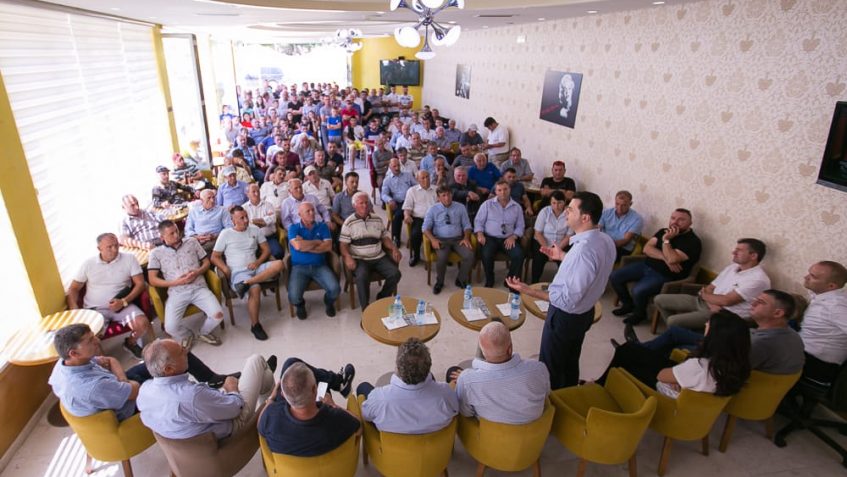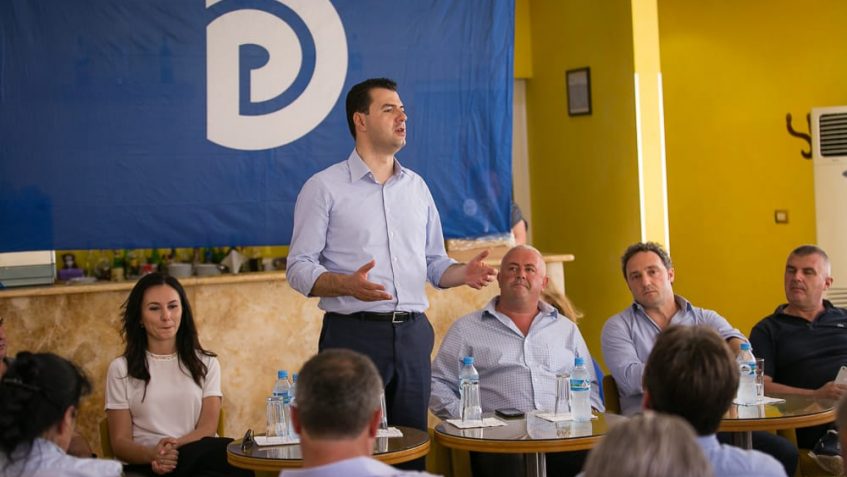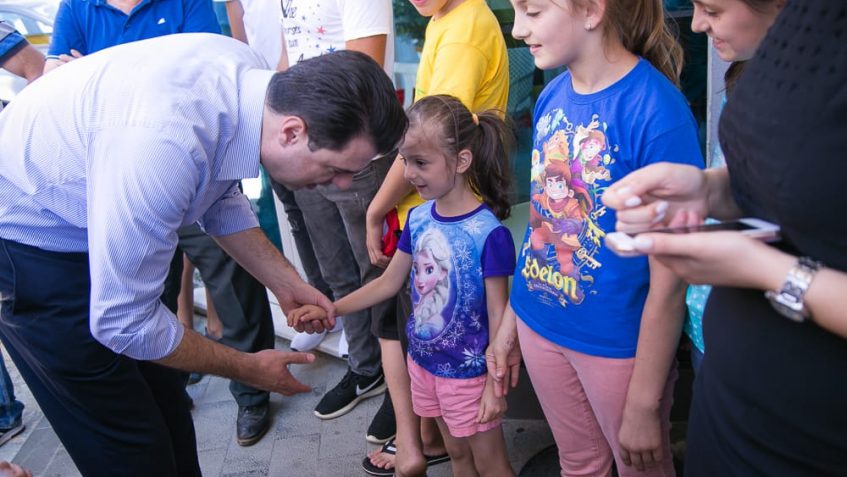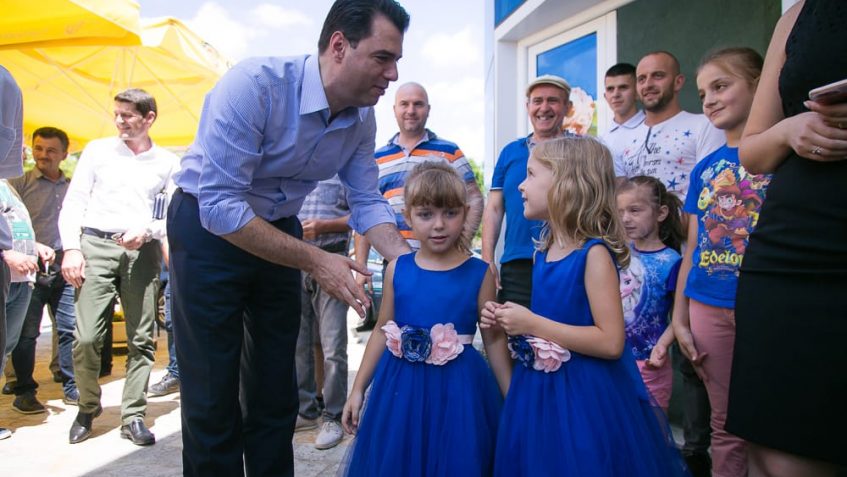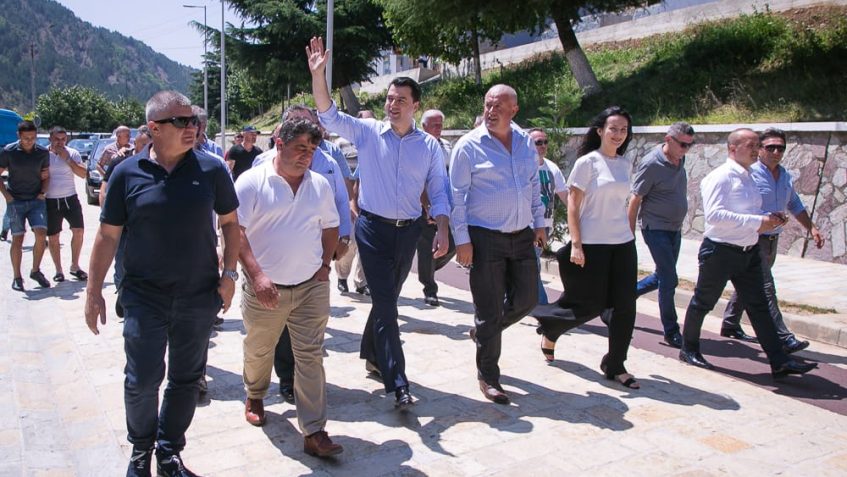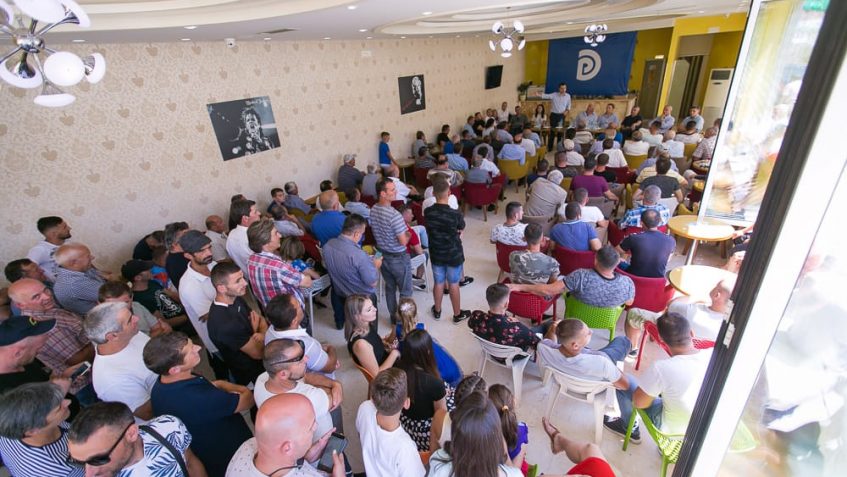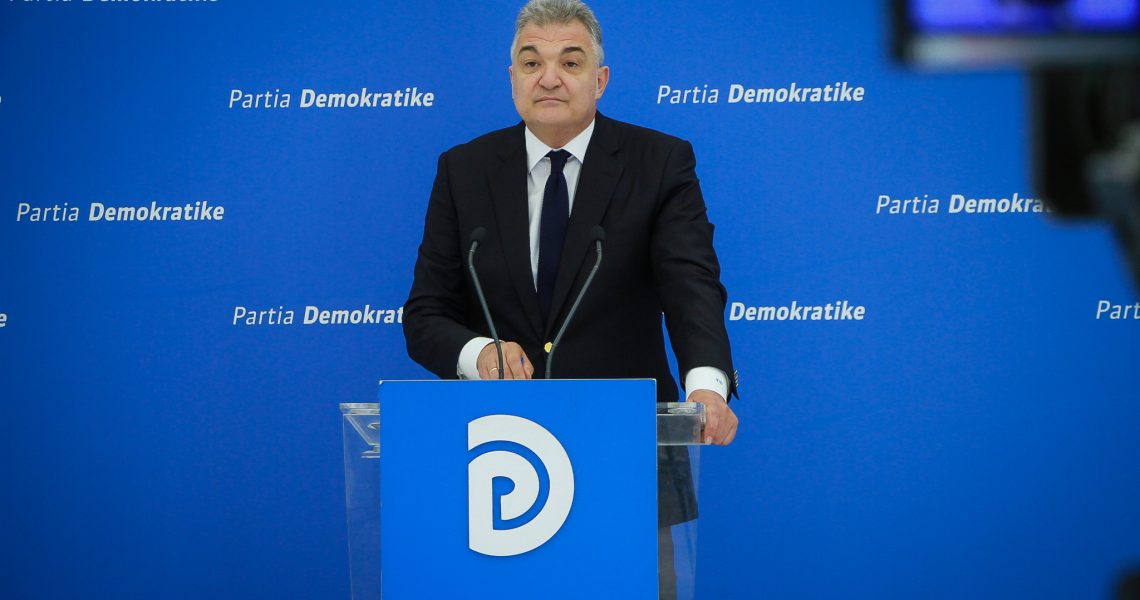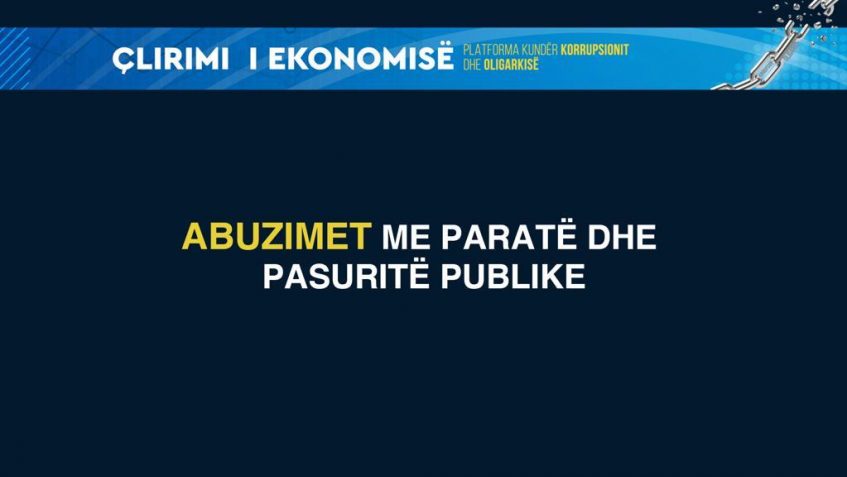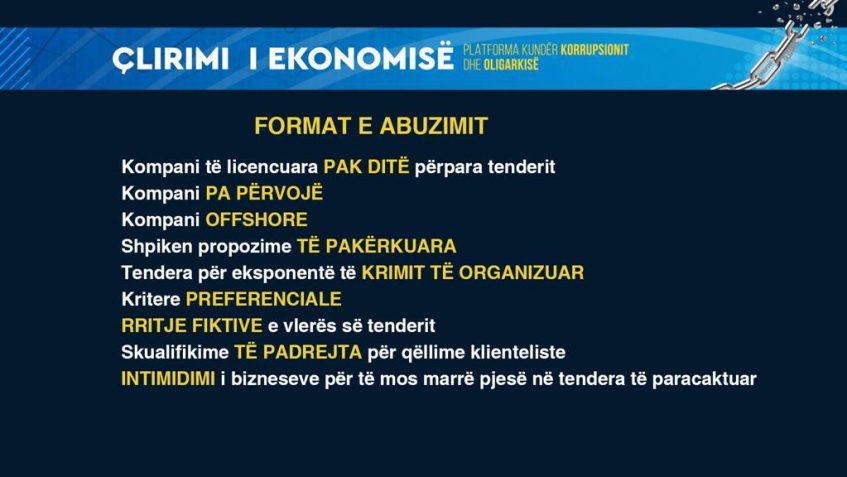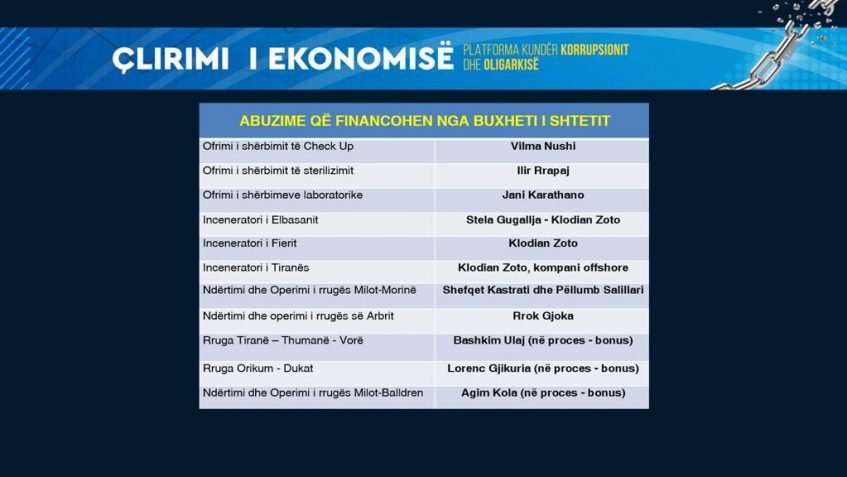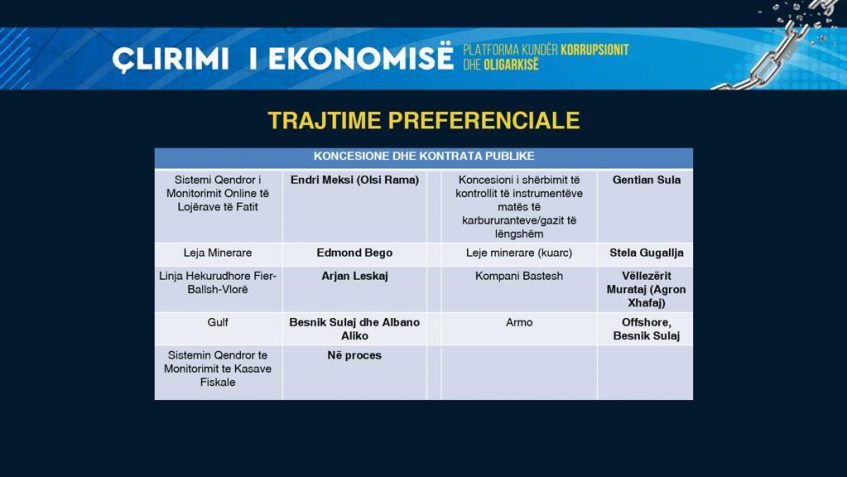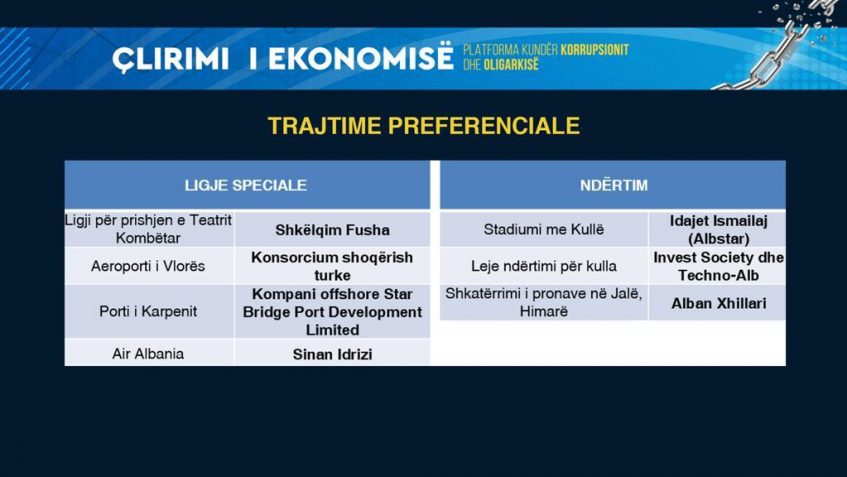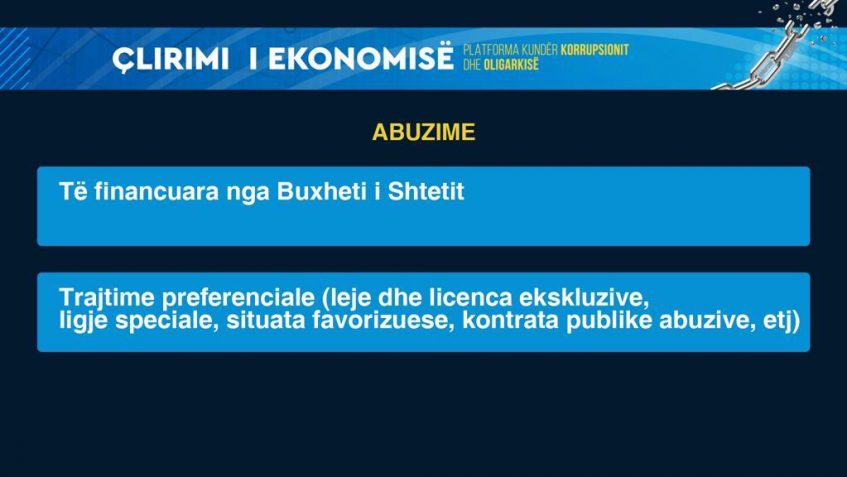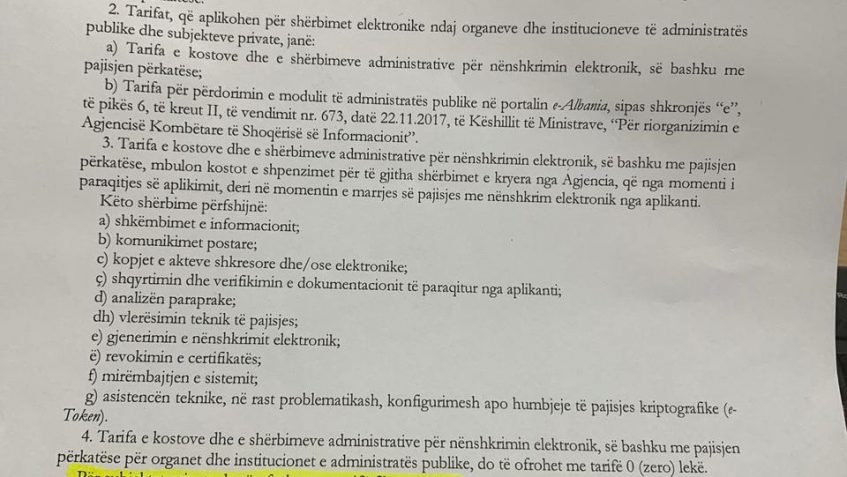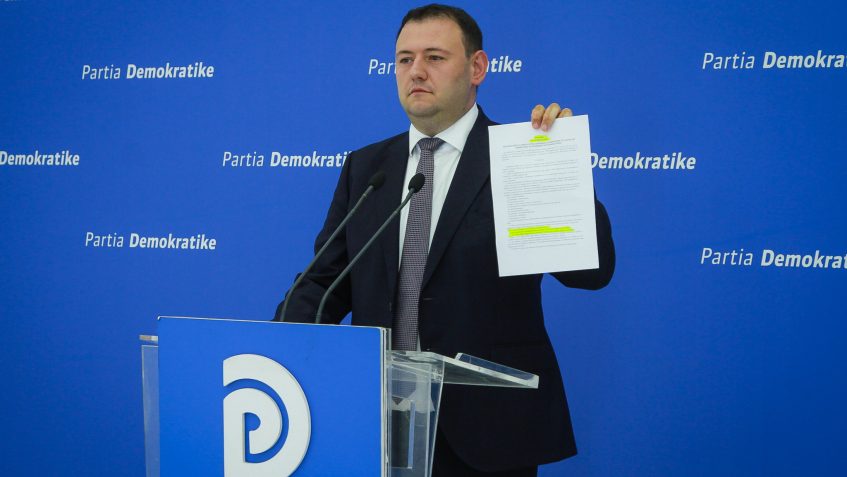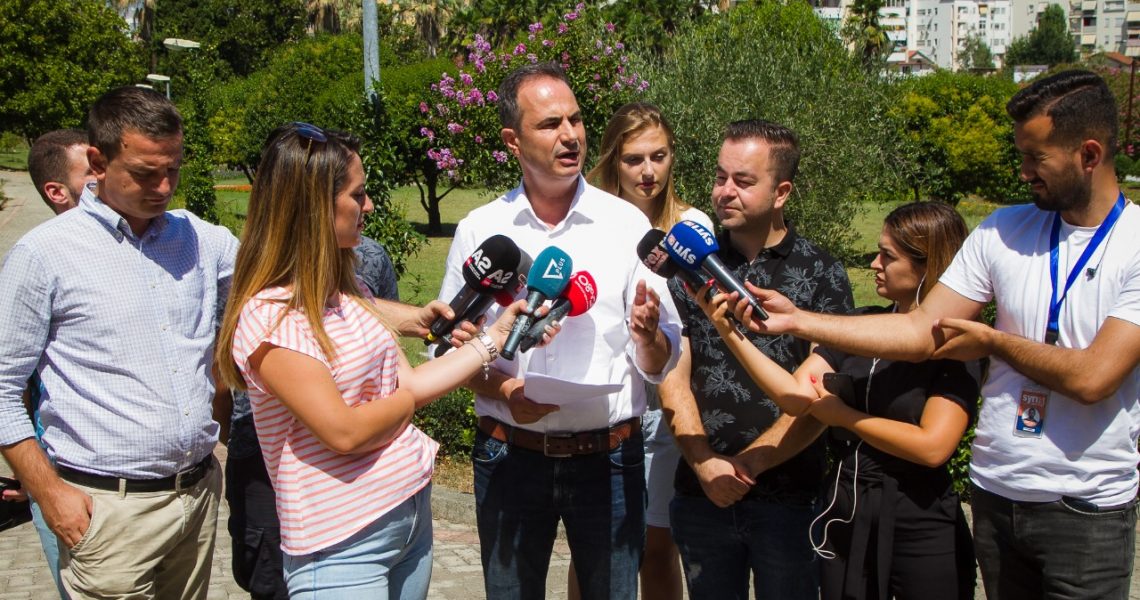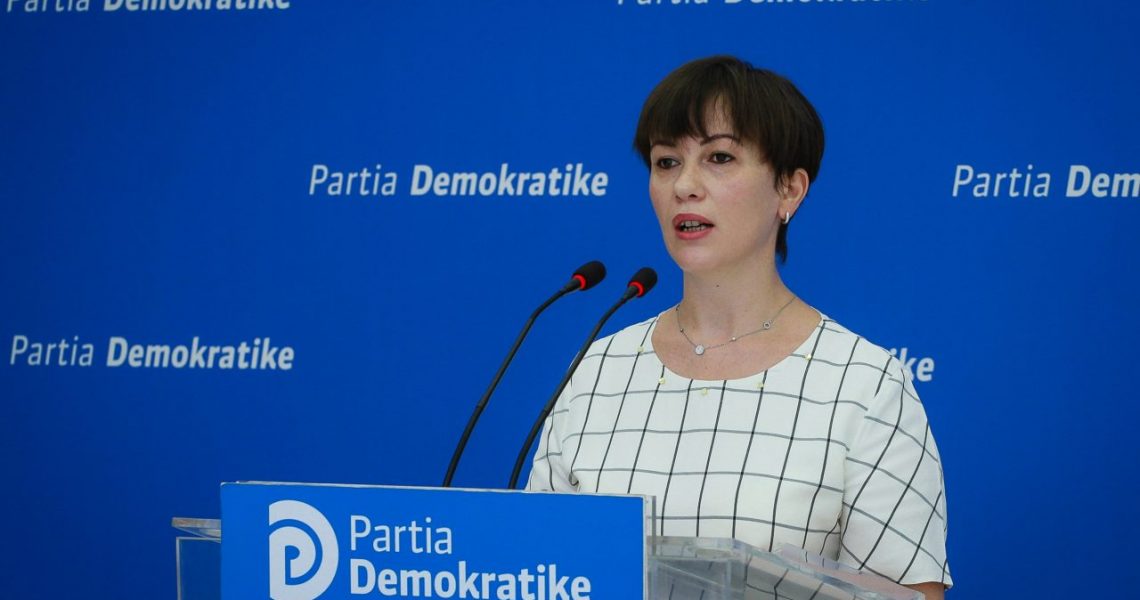- Basha: Largimi i Edi Ramës dhe një qeveri tranzitore është detyra e parë për zgjedhje të lira e të ndershme
Kryetari i PD, Lulzim Basha, shprehu vendosmërinë e opozitës për t’i shkuar deri në fund betejës për zgjedhje të lira e të ndershme, duke kryer detyrën e parë kryesore, largimin e Edi Ramës dhe krijimin e një qeverie tranzitore për të përgatitur zgjedhjet e përgjithshme, në një ditë me zgjedhjet kushtetuese vendore. “Zgjedhjet nuk janë çështje datash, por standardesh. Dhe beteja për zgjedhje të lira nuk është kauzë partiake, por është betejë e çdo shqiptari. Zgjidhja nuk është “ik ti e te vi unë”, por është beteja jetike për Shqipërinë e sotme dhe të nesërme, Shqipërinë e standardeve europiane”- u shpreh zoti Basha në takimin me strukturat e PD në Krujë.
“Zgjidhja nis me dënimin e politikanëve të kapur në blerje votash dhe në bashkëpunim me krimin e organizuar për pushtetin dhe pasurinë e tyre.”- theksoi kreu i opozitës, duke vënë në dukje se sakrifica e opozitës së bashkuar dhe e qytetarëve që e mbështetën atë u shpërblye në 30 Qershor, me refuzimin plebishitar dhe mesazhit Rama Ik që dhanë 85 përqind e shqiptarëve.
“Opozita e Bashkuar e nisi këtë betejë me një akt sakrifice që ishte dorëzimi i mandateve, dorëzimi i imuniteteve, i privilegjeve dhe i karrigeve të pushtetit për t’u rreshtuar në krah të qytetarëve. Treguam se rruga që nisëm ishte një rrugë sakrifice për interesin publik. Vendimi që morëm ktheu besimin tek njerëzit, se beteja që kemi nisur nuk ishte një betejë për karrike, siç përpiqej ta paraqiste Edi Rama. U rikthye besimi se opozita e bashkuar nuk është pjesë e teatrit të ndyrë politik, ku një grusht njerëzish kanë kapur burimet e shtetit, buxhetin e shtetit, taksat e shtetit, pasuritë e shtetit, në kurriz të të gjitha shqiptarëve të tjerë.”- u shpreh zoti Basha në Krujë.
Duke analizuar 30 Qershorin si një refuzim të shumicës jo vetëm si një atentat ndaj demokracisë, kushtetutës dhe pluralizmit, por edhe si reagim i drejtpërdrejtë i refuzimit të varfërisë, papunësisë dhe gjendjes ekonomike, zoti Basha shprehu vendosmërinë e PD për t’iu përgjigjur mesazhit të shqiptarëve për ndryshim. “Përtej refuzimit të Edi Ramës, 30 qershori është një kushtrim, një kërkesë, një thirrje popullore për ndryshim ekonomik, ndryshim politik, për ti dhënë fund krizës ekonomike, varfërisë, papunësisë, emigracionit që po e zbraz vendin. Kjo kërkesë i drejtohet Partisë Demokratike dhe opozitës së bashkuar. Vetëm ne kemi forcën, vullnetin, vizionin, dhe, mbi të gjitha, kredon morale për të marrë përsipër ndryshimin e thellë që duan shqiptarët.”- u shpreh lideri i opozitës në takimin me strukturat e PD në Krujë.

